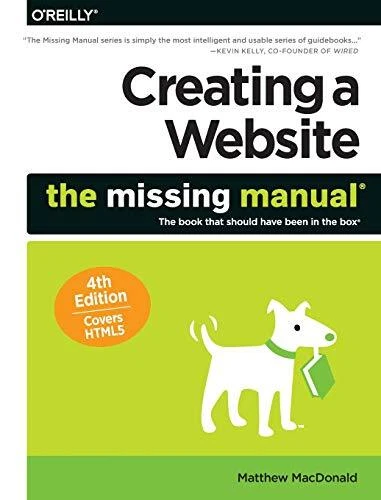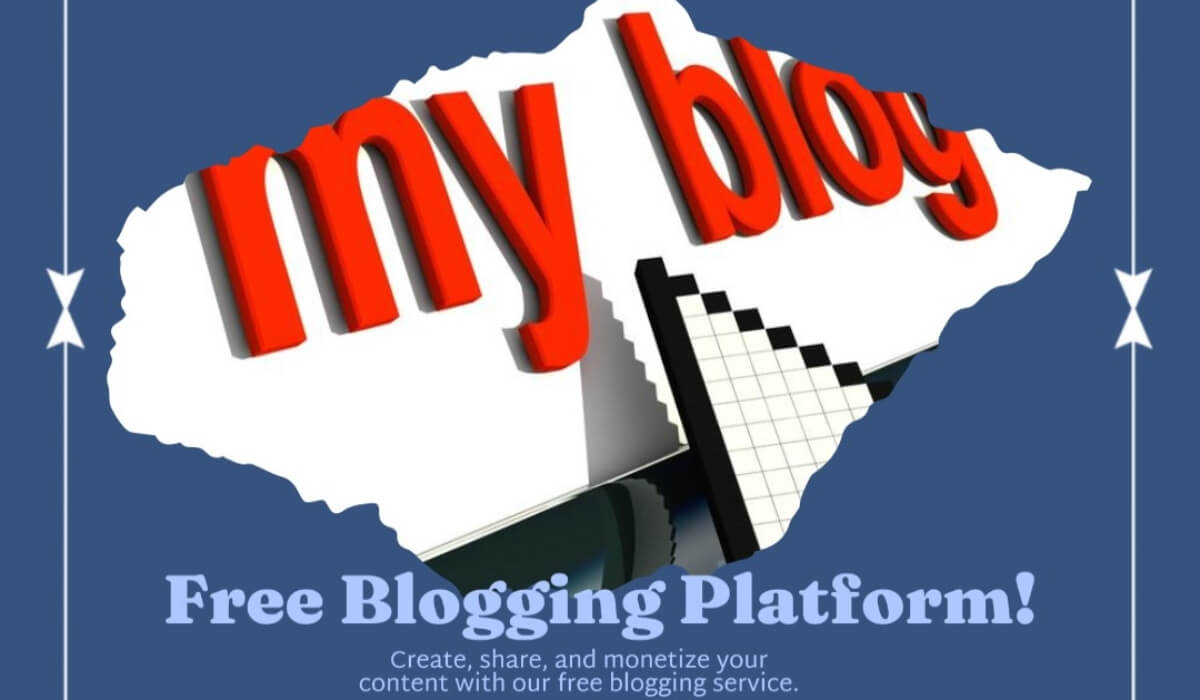Free blogging website provides a valuable platform for individuals and businesses to disseminate their expertise, insights, and stories worldwide. Through a blog on such a platform, users can establish credibility, build a following, and engage with readers on topics that matter to them. A professional tone is essential in maintaining the integrity and professionalism of the content shared on these platforms.
Free blogging website
It is crucial to deliver well-researched and thoughtful blog posts that resonate with the target audience while upholding high standards of accuracy and authenticity. By utilizing a free blogging website, individuals can access various tools and features to enhance their online presence, increase visibility, and ultimately leverage their blog as a powerful marketing and communication tool. In summary, a free blogging website offers a powerful avenue for individuals. To express themselves, build their brand, and connect with others professionally.
Blogging has evolved from a niche hobby into a vital platform for self-expression, storytelling, and business promotion. If you’re considering starting a blog, one of the first decisions you’ll face is whether to use a free blogging platform or invest in a paid option. In this post, we’ll explore the pros and cons of using a free blogging website, helping you decide whether it’s worth your time or a poor choice in the long run.
The Pros of Using a Free Blogging Website
- Cost-Effective: The most obvious advantage is that it’s free. You can start writing and publishing without spending a dime, which is ideal for beginners or hobbyists who are unsure if they want to commit to blogging long-term.
- Ease of Use: User-friendly blogging platforms such as WordPress.com, Blogger, and Wix prioritize simplicity in their design. They offer user-friendly interfaces, drag-and-drop tools, and pre-designed templates that require no coding skills.
- No Technical Hassles: Hosting, maintenance, and security are typically handled by the platform, allowing you to focus solely on creating content.
- Community and Exposure: Many free platforms have built-in communities of bloggers, making it easier to connect with others and gain exposure through platform-specific search and recommendation algorithms.
The Cons of Using a Free Blogging Website
- Limited Customization: Free platforms often restrict how much you can personalize your blog’s design and functionality. It can limit your ability to create a unique brand.
- Domain Name Constraints: The URL of your blog typically showcases the platform branding, such as myblog.wordpress.com. It can give off a less professional impression and make it more challenging to recall.
- Ads and Monetization Restrictions: Many free platforms place ads on your blog, and you have little control over their appearance or content. Additionally, monetization options are often limited unless you upgrade to a paid plan.
- Ownership and Portability Issues: When using a free blogging website, you’re at the mercy of the platform’s policies. If the platform changes its terms, shuts down, or decides to limit your account, you could lose all your content and followers.
- Scalability Limitations: Free platforms may not be ideal for blogs that aim to grow into large-scale projects, as they often lack advanced features and tools available in paid options.
When a Free Blogging Website is Worth It
A free blogging platform is an excellent choice if:
- You’re just starting and want to test the waters.
- You’re blogging as a hobby with no immediate plans to monetize.
- You have minimal technical knowledge and want a quick, hassle-free setup.
When a Free Platform Might Be a Poor Choice
On the flip side, a free platform might not be the best fit if:
- You’re serious about building a professional brand or business.
- You need advanced customization and features.
- You plan to monetize your blog extensively through ads, sponsorships, or affiliate marketing.
Making the Right Choice
Utilize a free blogging platform will ultimately depend on your objectives, available resources, and level of dedication. If you’re on the fence, consider starting with a free platform and transitioning to a paid option as your blog grows. Platforms like WordPress make it relatively easy to migrate your content if you decide to upgrade later.
It is important to remember that the quality of your content plays a crucial role in blogging. A free platform can serve as a valuable starting point, but as your blog evolves, you may find that investing in a paid option is well worth it.
Read: Undertake and Promoting A Personal Blog



Blogging Books


Leave a Reply